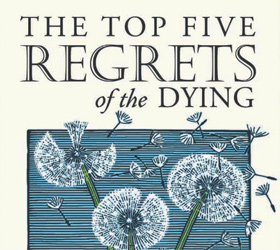 by Bronnie Ware –
by Bronnie Ware –
For many years I worked in palliative care. My patients were those who had gone home to die. Some incredibly special times were shared. I was with them for the last three to twelve weeks of their lives.
People grow a lot when they are faced with their own mortality. I learned never to underestimate someone’s capacity for growth. Some changes were phenomenal. Each experienced a variety of emotions, as expected, denial, fear, anger, remorse, more denial and eventually acceptance. Every single patient found their peace before they departed though, every one of them.
When questioned about any regrets they had or anything they would do differently, common themes surfaced again and again. Here are the most common five: [Read more…]

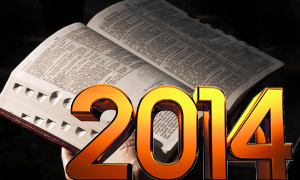 by Allen West –
by Allen West – by Fr. Gregory Jensen –
by Fr. Gregory Jensen –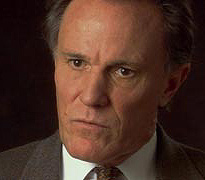 by Kristin Rudolph –
by Kristin Rudolph –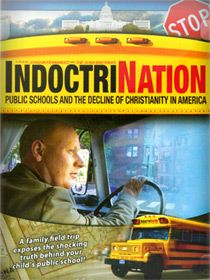 by Daren Jonescu –
by Daren Jonescu – by Dave White –
by Dave White –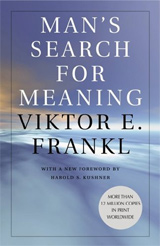 by Dan Doyle –
by Dan Doyle – by Art Lindsley –
by Art Lindsley –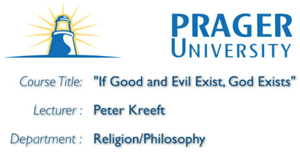 by Peter Kreeft-
by Peter Kreeft-